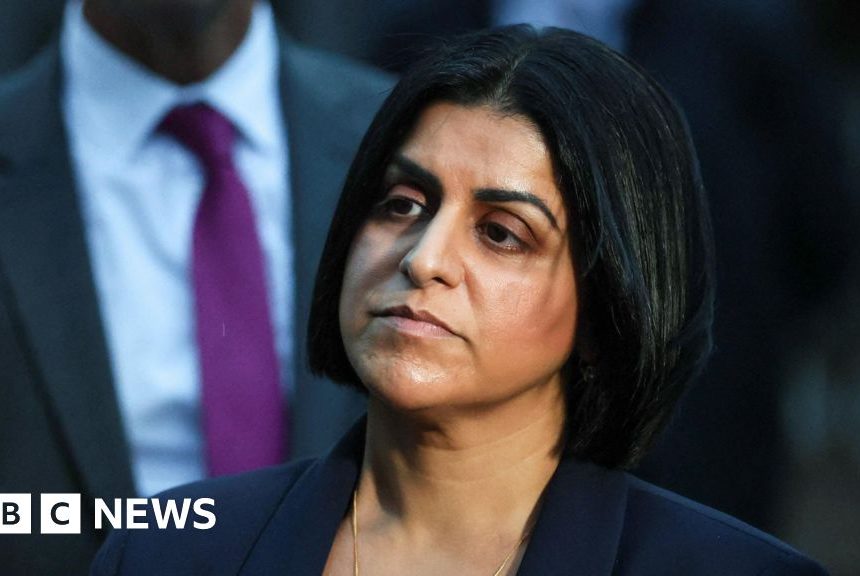new video loaded: How the Democratic Party Can Beat Trumpism
transcript
transcript
How the Democratic Party Can Beat Trumpism
The Democratic Party does not need to choose to be one thing. It needs to choose to be more things.
-
Inside the Democratic Party, in its backrooms and its group chats and its conferences and its online flame wars, an increasingly bitter debate has taken hold over what the party needs to do to become capable of beating back Trumpism. Do Democrats need to become more populist, more moderate, more socialist? Do they need to embrace the abundance agenda? Do they need to produce more vertical video? The answer is yes, they do. All of them, but none of them in particular. The Democratic Party does not need to choose to be one thing. It needs to choose to be more things. In a few days, there will be elections for mayor of New York City, for governor of New Jersey and for governor of Virginia. You can imagine a world where the violence and corruption of Donald Trump’s first nine months in office —— “You’re gambling with World War III ——” Had led to a collapse in support for him and his party. That’s all the more true if you look a year out to the midterms. Democrats are leading by about two and a half points. At about this time in 2017, Democrats are up by about 10 points. Democrats have another problem: They’re going to need to overcome the chain of redistricting Republicans are setting off across the country. “There may be more of a pad here for Republicans ——” And the Senate — the Senate is even harder for Democrats. They will need to flip four seats in the 2026 midterms to win back the Senate. That would mean winning in Maine and North Carolina. No easy task. And then winning at least two seats in states that Donald Trump won by 10 points or more. The map for Democrats wasn’t always this daunting. Go back to 2010 and 10 of those states had Democratic senators. Today, none of them do. Most of those states seem barely in reach for Democrats. There’s no arguing with this fact. The number of places in which the Democratic Party is competitive has shrunk. In American politics, power is not decided by a popular vote. In the Electoral College, in the House of Representatives, and particularly in the Senate, it is apportioned by place. This is the problem for Democrats. They don’t just need to win more people, they need to win more places. And that requires a different kind of thinking. If Zohran Mamdani wins the New York City mayor’s race and Rob Sand wins the Iowa governor’s race next year, did the Democratic Party just move left or right? Neither; it got bigger. It found a way to represent more kinds of people and more kinds of places. That is a spirit it needs to embrace. Not moderation, not progressivism, but, in the classic political sense of the term, representation.

November 3, 2025


